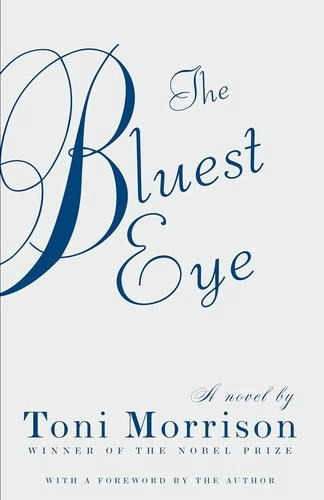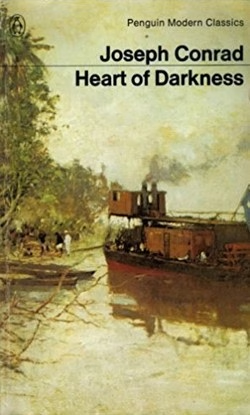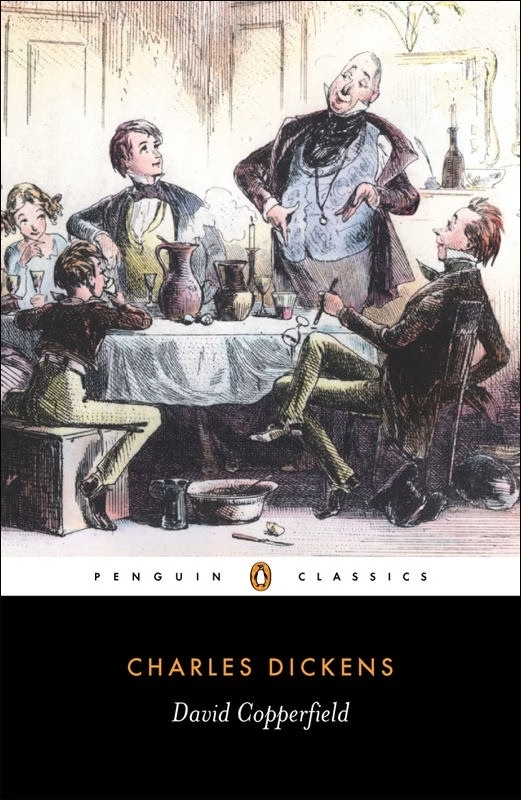Plot Summary
The Unyielding Earth
The story is framed by the recollections of Claudia MacTeer, who, looking back as an adult, remembers the autumn of 1941 in Lorain, Ohio. She states that no marigolds grew that year, a failure she and her sister Frieda initially believed was linked to the tragic fate of their temporary foster sister, eleven-year-old Pecola Breedlove. They had planted marigold seeds as a magical offering, believing that if the seeds bloomed, Pecola’s baby—conceived through rape by her own father—would be born healthy and everything would be all right. The seeds, however, never sprout, and the baby dies. Claudia concludes that it was not their fault but that the earth itself was hostile, just as the community was hostile to a girl like Pecola. She sets out to tell the story of how this tragedy came to be.
An Outsider in a Cold House
The narrative shifts to the previous fall, when Pecola comes to live with the MacTeer family after her father, Cholly Breedlove, burns down their storefront home in a drunken rage. The MacTeer household, though poor, is filled with a tough, pragmatic love that contrasts sharply with Pecola’s experience. Claudia, the narrator, is a defiant and observant nine-year-old who actively resists the era’s dominant white beauty standards. She viscerally hates white dolls and the adoration society heaps upon little white girls like Shirley Temple.
Pecola is quiet, passive, and already deeply scarred. She is fascinated by the Shirley Temple cup she drinks milk from, an early sign of her deep-seated belief that whiteness equates to happiness and love. During her stay, Pecola experiences her first menstruation, an event that terrifies her until Frieda explains it means she can now have a baby. When Pecola asks how one gets somebody to love them so they can have a baby, the question hangs unanswered, encapsulating the central tragedy of her life.
The Breedloves’ Storefront
After a short time, Pecola returns to her family, who have moved back into the bleak storefront apartment. The Breedloves live in a state of perpetual misery, convinced of their own ugliness. This conviction is not merely physical but deeply psychological, a mantle they wear that has been handed to them by a society that sees them as worthless.
* Pauline (Polly) Breedlove, the mother, finds escape and a sense of order by working as a maid for a wealthy white family, the Fishers. She lavishes affection on the little white girl she cares for while treating her own children with coldness and contempt.
* Cholly Breedlove, the father, is a man broken by a lifetime of trauma and abandonment. He expresses his pain and rage through alcoholism and violence, primarily directed at his wife.
* Sammy, their son, constantly runs away from home to escape the toxic environment.
The family’s life is marked by brutal, ritualistic fights between Cholly and Pauline. During these episodes, Pecola prays to disappear, to become invisible. She believes that if she had beautiful blue eyes, her family would stop fighting, people would see her differently, and her life would change. This wish becomes her singular, desperate obsession.
Encounters and Humiliations
The story follows Pecola through a series of painful and humiliating experiences that reinforce her sense of ugliness and invisibility.
* At a local candy store, the white shopkeeper, Mr. Yacobowski, barely registers her presence, looking through her with an expression of veiled distaste that Pecola recognizes as a reaction to her blackness.
* She finds a brief respite with three local prostitutes—China, Poland, and Miss Marie—who live above the Breedloves. Unlike everyone else, they do not despise her and treat her with a rough, casual kindness.
* In winter, a light-skinned, wealthy black girl named Maureen Peal joins the school. Maureen is universally adored for her beauty and confidence, which embody the very standards that exclude Pecola. After a group of boys torment Pecola with racist chants, Maureen befriends her, only to later turn on her, calling her a “black and ugly black e mo.” This encounter deepens Pecola’s self-loathing.
* She is lured into the home of a lonely, privileged black boy named Junior, who resents her presence. He throws his mother’s cat at her, and in the ensuing struggle, the cat is killed. When his mother, Geraldine, returns, she sees Pecola’s “nigger” poverty and immediately blames her, calling her a “nasty little black bitch” and throwing her out.
The Miracle Worker
Desperate, Pecola seeks out a man known as Soaphead Church, a “Reader, Adviser, and Interpreter of Dreams.” A light-skinned West Indian misanthrope with a predilection for little girls, he is moved by the profound tragedy of Pecola’s request for blue eyes. Seeing an opportunity to “play God,” he concocts a plan. He gives Pecola a piece of poisoned meat and instructs her to feed it to a dog. He tells her that if the dog behaves strangely, God will grant her wish the next day. Pecola watches in horror as the dog has a seizure and dies. Convinced she has fulfilled her part of the bargain, she awaits her miracle.
The Unspeakable Act
While Pauline is at work, a drunken Cholly returns home and finds Pecola washing dishes. Overwhelmed by a toxic mix of tenderness, guilt, and self-hatred, he sees in her hunched-over form both her





